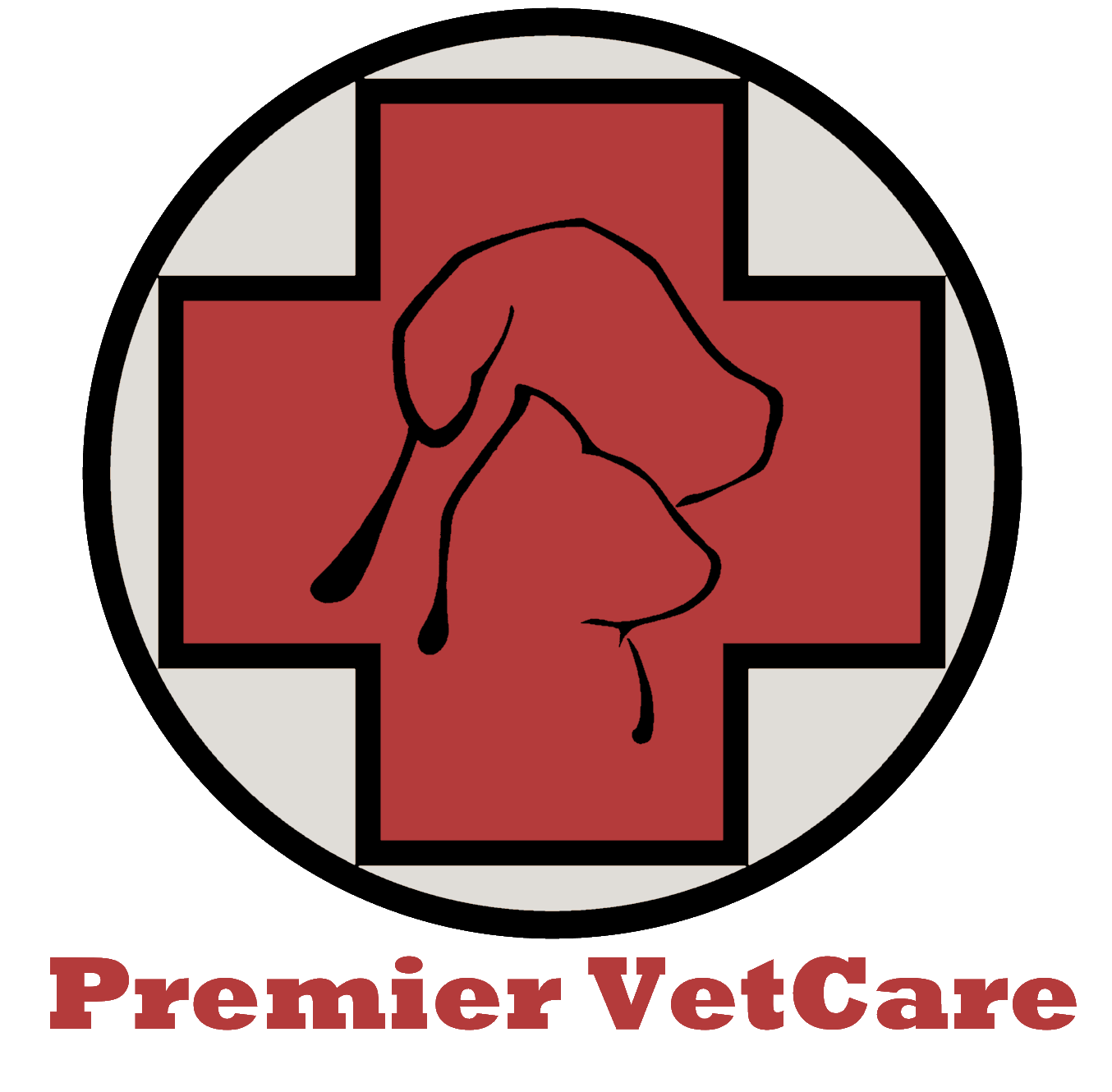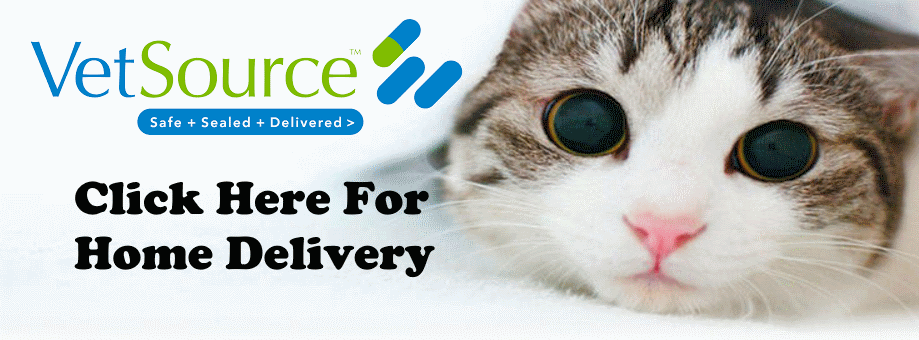Today your pet was neutered. Neutering (Castration) of male pets is a procedure that involves the surgical removal of the testicles, which are the male sex organs.
FACTS YOU SHOULD KNOW
Neutering a young pet at 3-8 months of age prevents development of common undesirable characteristics making your pet a more enjoyable family member. Mating and roaming behavior is minimized and decreased frequency of fighting and urine marking of furniture, plants, and walls are also benefits. Neutering does not cause a pet to get fat or lazy. This comes from overfeeding and lack of exercise. After neutering pets need 25% less calories per day. So in order to prevent obesity pets needs a reduction in daily food ration and get plenty of exercise
Neutering a pet will not change his personality. Personalities do not fully develop until two (2) years of age. Aggressiveness often results from large amounts of male hormone—which is primarily produced in the testicles. Some small amounts are also produced in the adrenal glands—which accounts for the failure of some dogs to become less aggressive after the procedure. The personality will only get better after neutering, but some dogs may still show aggressiveness, especially if not neutered until later in life, and the aggression has become a learned behavior.
Occasionally a pet will have one or more testicles retained in the abdominal cavity, instead of normal placement in the scrotum. These pets will require more extensive surgery wherein the abdominal cavity must be opened and a search made for the undescended testicle. This condition is called Cryptorchidism.
POST-OPERATIVE INSTRUCTIONS
- NO Food until the next morning after surgery. Anesthesia and abdominal surgery may cause nausea and vomiting if the pet is fed directly after surgery.
- Give SMALL amounts of WATER ONLY when you get home and at frequent intervals before bedtime tonight. Do NOT let your pet drink a large quantity at one time—or vomiting will occur. If no vomiting occurs by bedtime, leave water available to the pet during the night.
- Do NOT give Aspirin or Tylenol. These can cause excessive bleeding or be toxic to your pet. An additional safe and effective pain injection can be given at the time of discharge if the pet appears to be uncomfortable.
- Restrict jumping as much as possible until the sutures are removed.
- Keep the pet WARM & DRY until the incision is healed.
- Be sure IMMUNIZATIONS are kept up-to-date because your pet’s resistance to disease will be lowered for a few days due to the stress of any surgical procedure
Recheck Exam
- Sutures will dissolve. A return visit is not necessary unless a complication or concerns develop.
- A restraint collar is sometimes required. Chewing out the skin sutures may not a major complication. If this happens, we will need to prescribe antibiotics and let the wound heal as an “open wound.”
Contact Us With Any Concerns
Please call us with any questions or concerns you may have. Though spays typically are routine major surgeries and rarely have complications every pet is unique and any complications are better treated early, so the sooner you contact us with concerns the sooner we can intervene if needed.
Diet
- Give only small amounts water at frequent intervals tonight. You can offer a few laps every 15‑30 minutes for the first 2-4 hours after you get home.
- In general do not feed your pet a meal until the morning after surgery.
- Regular diet morning after surgery.
You may feed you pet a small meal after 8pm if the following apply:
- Your pet has had normal activity level.
- If they have had no vomiting since coming home.
- They are acting starved and just will not wait till morning.
Activity
- Please restrain your pet when leaving the clinic by using either a leash or a pet carrier, to prevent them from getting hurt or escaping.
- Drowsiness may be noted today and tomorrow.
- Medications administered following surgery may cause them to be sleepy. Keep your pet in a protected environment so that she stays warm and does not get hurt.
- Your pet can go back to his regular activity, within reason, tomorrow, if she is acting normal.
Incision Care
- Watch the incision(s) and scrotum for swelling, redness, or drainage. Apply nothing to the incision without our knowledge.
- Mild amount of bruising can be expected and is normal.
- Occasional dripping of blood or a blood tinged fluid is normal for first 24-48 hrs, but if it seems excessive please contact us.
- Prevent excessive licking, and keep him in an environment that will keep incisions clean.
Medications
- Give any pain medication prescribed as directed on the label.
- Give any antibiotics prescribed as directed on the label.
- Apply topical medication as directed.
- Use other medications prescribed as directed on the label.
Other General Instructions
- Call for an Elizabethan collar if he licks the sutures excessively. If after hours, they can be found at the pet stores as well.
- Many pets will not have bowel movements for 1 ‑ 3 days after anesthesia. This is normal, provided he is acting normal otherwise.
- It is best you do not give him a bath till the incision is healed, usually in 10 days. In the event he must be bathed, apply Vaseline or antibiotic ointment to the incisions and shower him. Do not submerge in a bath.
- Our major concern is the comfort and healing of your pet. Please call the clinic at any time you have a question or concern.
Notify the clinic if any of the following occur:
- Swelling of the scrotum.
- Vomiting or Diarrhea after 24 hours.
- Refusal to eat after 48 hours.
- Severe pain.
- Any evidence of significant bleeding from the incision.
- Continuous lick or pulling at the sutures. (Restraint Collar May Be Needed)
- Excessive swelling of the incision.
- The incision comes open.
Please feel free to contact us with any concerns or questions at:
615-459-0802
Is your pet a Premier Pet? If not you could be saving even more on your future pet care needs.
NOTE: Our low-cost spay/neuter program is offered as a community service to help alleviate pet overpopulation problems. We make every effort to avoid complications, BUT unexpected problems can always occur. Complications might include infection, wound dehiscence, or chewing out sutures. THE OWNER IS RESPONSIBLE FOR ANY AND ALL CHARGES RESULTING FROM ANY COMPLICATION OF THE SURGICAL PROCEDURE BEYOND OUR CONTROL.

